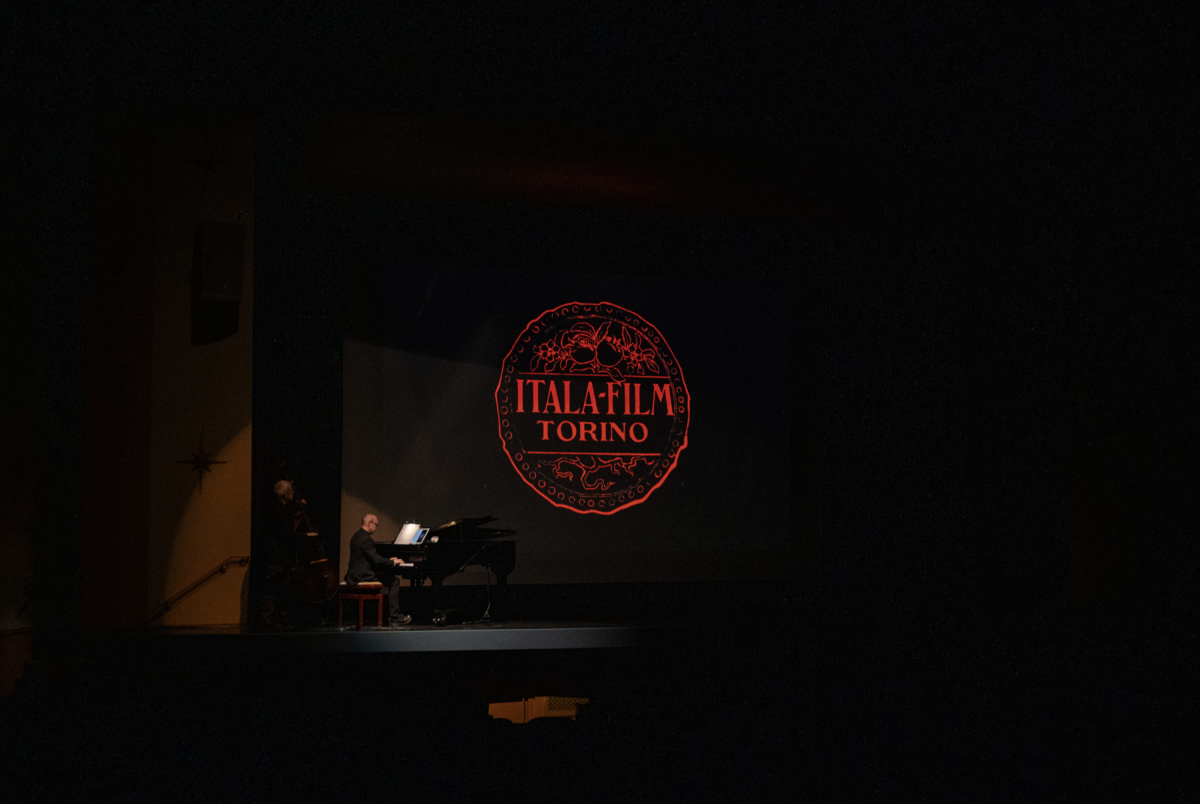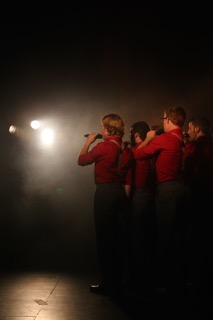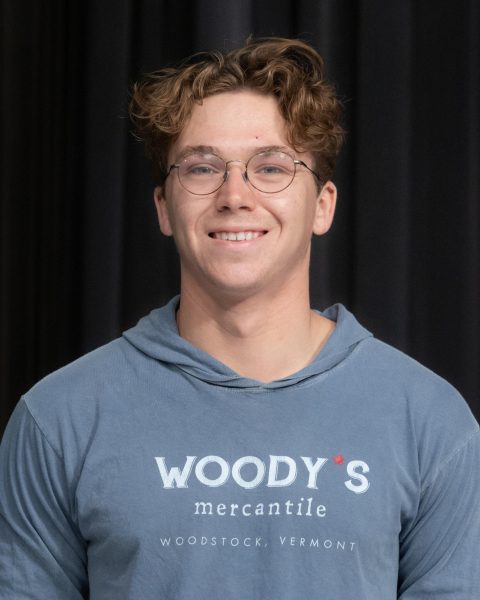As part of a tour across the Midwest, in an effort from the Italian Cultural Institute of Chicago, “Tigre Reale,” a 1916 Italian silent film by Giovanni Pastrone, was shown in the Varsity Theatre, with live accompaniment from pianist Stefano Maccagno and bassist Furio Di Castri on Wednesday, Feb. 21.
After the first stop at Marquette, “Tigre Reale’s'” tour has continued to tour in Illinois, at the Reva and David Logan Center for the Arts, Lincoln Hall Theater and Kentucky’s Cox Auditorium. The tour will continue to Missouri, Kansas and Minnesota in collaboration with several institutions. A full list of locations can be found in the Institute’s Website.
The film follows a Russian countess named Natka and an Italian diplomat named Giorgio La Ferlita, and the love affair between them. Natka, played by diva Pina Menichelli, is said to have caused the death of her former lover, but Ferlita falls in love with her, exploring her past.
“The film becomes a luxurious stage for the divine Pina Menichelli, who here offers symbolic interpretation of the excessive and artificial acting that marks and distinguishes some of Italy’s silent cinema,” the Institute said on their website.
Luca Di Vito, director of the Italian Cultural Institute, spoke of the importance of such themes in Italy at the time. With the decline of the Liberal state in the First World War, Di Vito said, “Tigre Reale“ lies in stark contrast to much of the conservative sentiment in early 20th-century Italy.
“The film counters the existing ideas of woman in fiction; that of the femme-fatale or lady-in-distress,” Di Vito said. “Tigre subverted a lot of the conservative expectations and thought of its period.”
Di Vito decided to bring Tigre to Marquette after meeting Mark Konewko during the 2022 tour of “L’Inferno,” the first full-length Italian feature film. The two met at the screening at the University of Wisconsin–Milwaukee and worked together to bring Tigre to Marquette.
To score this film, Maccagno wrote a new composition for him and Di Castri, a fusion of jazz and classical elements to accompany the film’s messaging. Maccagno serves as the official composer of the National Cinema Museum of Turin, who has offered their support in this project, composing pieces for several other silent films, including “Cabiria,” “Maciste,” “The Whispering Chorus” and “Blood and Sand.”
“Tigre Reale” is not the first collaboration of Maccagno and Di Castri. In the Fall of 2022, the pair toured with “L’Inferno.” Both Di Castri and Maccagno, who work with the Turin Music Conservatory, said that their collaborations together highlight the connective nature of music in their lives.
“Music is the most important language,” Di Castri said. “It crosses past religion, culture, spoken languages and physicality. It allows people from all walks of life to come together.”
Di Castri, who has played double bass since the age of 17, has performed on every continent, pardon Antarctica, and in over 20 countries. Having released over 200 albums, Di Castri has had the opportunity to collaborate with many acclaimed jazz artists, including the likes of Chet Baker and Kenny Wheeler. He teaches the double bass since the 1990s and has taught in cities across the world.
Di Castri said that he and Maccagno sometime around 2012 in Turin but did not start collaborating until 3-5 years after that. Di Castri played in a string quintet organized by Maccagno for the film “Blood and Sand.” Working with Maccagno, he said, had been a joy.
“It’s what I love about music. You get to meet and connect with many great people,” Di Castri said. “I think without music, I’d be dead. That is how important it is to me.”
Di Vito said events like this are a part of the Institute’s efforts to expand knowledge of Italian culture and art in America. That knowledge, he said, allows for greater understanding and transmission of ideas between diaspora groups and non-Italians that can create deeper human bonds.
“It’s an effort of understanding,” Di Vito said. “Even if someone isn’t Italian, the Italian language, people, art and culture all have so much to offer. We want to spread what we love.”
This story was written by Allan Fox. He can be reached at [email protected].






